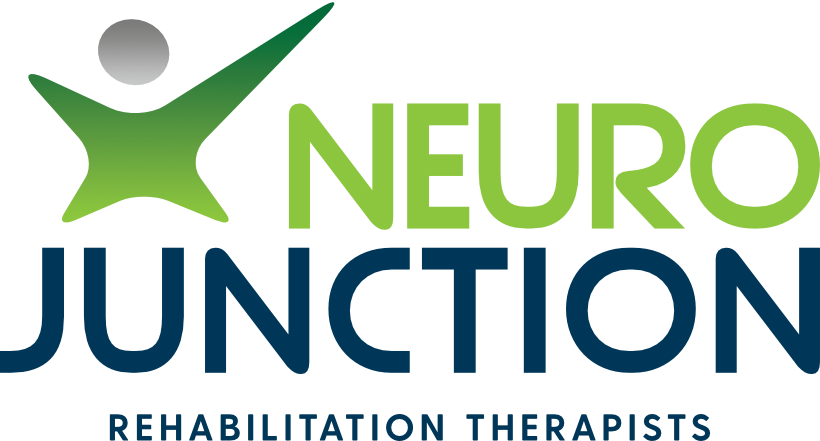Physical Activity and Fitness Testing
Why is Physical Activity Important?
World Health Organisation defines “physical activity as any bodily movement produced by skeletal muscles that requires energy expenditure.” Physical activity can be referred to as all movement including during leisure time, for transport to get to and from places, or as part of a person's work.
It is essential for everyone to engage in some sort of physical activity. Physical activity plays an important role in maintaining health, well-being, and quality of life. Physical activity can aid in weight management, pain management, improve mental health, and lower the risk for other health conditions, such as diabetes, cancer, and cardiovascular disease. For people with disabilities, physical activity can help support daily living activities and independence.
The Australian physical activity and exercise guidelines recommends that people with disability should try and meet the physical activity recommendations for their age group. However, any activity is better than none, and it is important to do activities that are appropriate to your ability.
What type of Physical Activity should I do?
Physical activity should incorporate both aerobic (exercise that raises your heart rate and causes you to break a sweat), and muscle-strengthening exercises. For general health, the National Health Service (UK) advises that all adults aged 19-64, including wheelchair users, to do:
At least 150 minutes a week of aerobic activity, plus
Strength exercise on 2 or more days a week
For guidance on activities that are suitable for you, a qualified health professional such as a Physiotherapist or Exercise Physiologist is recommended. They will assess:
Your current physical activity level
Identify and troubleshoot any barriers to physical activity
Provide recommendations for physical activity options
Refer to appropriate resources and fitness programs
What Fitness Tests will be required?
Fitness testing may include:
Cardiovascular testing (testing your heart and breathing fitness)
Muscle strength and endurance testing
Flexibility assessment
Balance assessment
These tests may be conducted in the comfort of your own home or at a clinic.
When should I start?
It’s never too late to start engaging in physical activity and is highly encouraged for everyone! Contact our team to pair up with one of our friendly physiotherapists to start your journey now.
References:
https://www.cdc.gov/ncbddd/disabilityandhealth/features/physical-activity-for-all.html
https://www.nhs.uk/live-well/exercise/exercise-guidelines/wheelchair-users-fitness-advice/
https://www.nchpad.org/fppics/NCHPAD_Fitness%20Assessments_revised.pdf
https://www.cdc.gov/ncbddd/disabilityandhealth/documents/disability-pa-infographic.pdf
Other Resources:
https://www.cdc.gov/ncbddd/disabilityandhealth/pa.html
https://www.activenorfolk.org/public/get-active/active-at-home/disability-exercises/
https://bjsm.bmj.com/content/bjsports/54/24/1451.full.pdf
https://m.youtube.com/playlist?list=PLeePVUq4FvWu9uSwUK8YMwZlVjx1CKp8q


